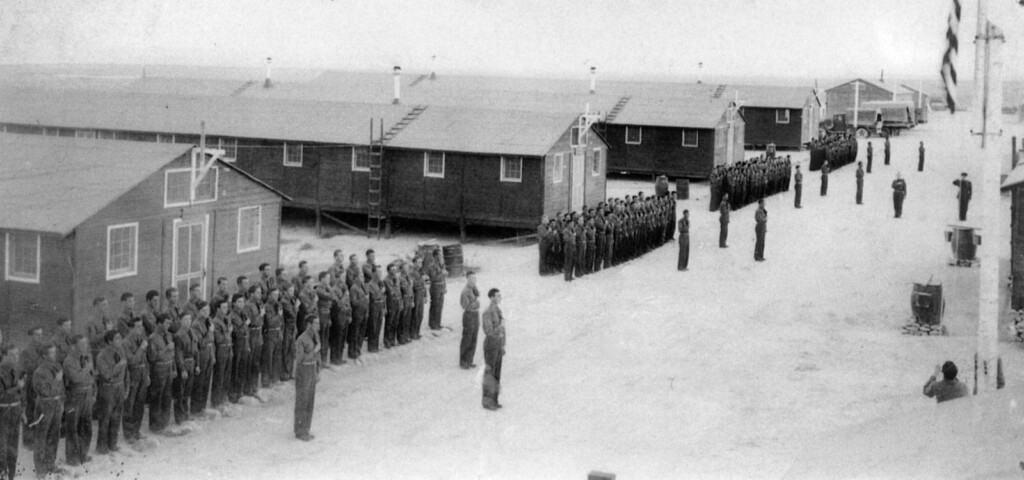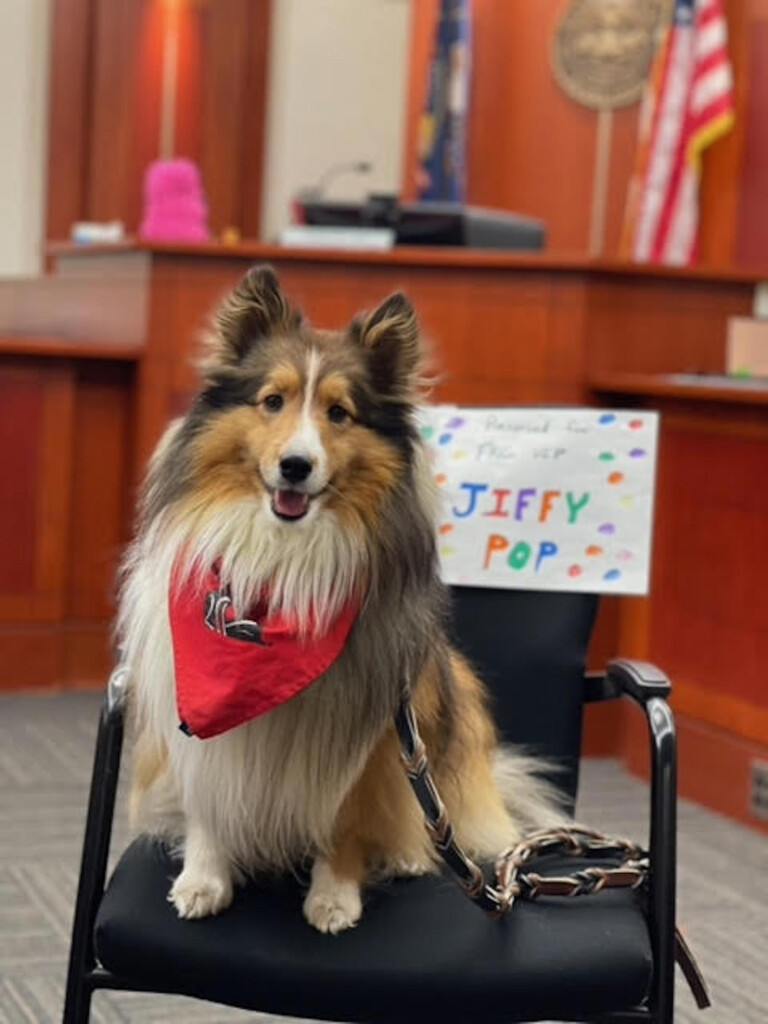
“School is so boring!”
“I suck at math!”
“I’ve always hated history!”
As opposed to
“He’s such a math wizard!
“Wow! Can she write a great paper!”
“For some reason, he just loves doing homework.”
Teachers Make All The Difference
Teachers—yes teachers—can make all the difference. Certainly, it helps when students want to learn. But when I think back to my own schooling, I remember the prevailing sentiment was that we couldn’t wait to get out. It’s not that I didn’t want to learn, but I wanted to learn from the real world, and sadly, the majority of my high school teachers were not inspiring. A few were incredible, but the majority were very ready to retire.
I worked three dishwasher jobs while in high school to realize I didn’t want to remain in the restaurant business. Later, I took a job as a sales rep for Tyson Foods and I sold meat door-to-door. From that I realized I didn’t like the business model of factory farms. Then, perhaps a little late, I realized a profound epiphany—education might be my ticket to finding a job I actually enjoyed.
I enrolled at Salt Lake Community College in night school. Rather than predominantly a high school attached to a football program as I had at Skyline High, I found an environment full of students who wanted to learn. Most of my fellow students were working full-time, taking classes part-time. All ages and backgrounds, ethnicities and socio-economic backgrounds were represented in the classes. Besides mostly working professionals eager to learn I found teachers who wanted to teach: offering a learning environment far superior to high school.
The first great lesson of learning anything is to begin to know how much you actually don’t know. Sadly, we work with college graduates who still don’t have humble respect for their own lack of knowledge. It’s impossible to fill a glass that is already full. Low-level dirty jobs earned me that much-needed humility and respect for what a basis of education could offer: a good job where I could realize the most of my potential. That is why everyone who enrolls in continuing education or higher education should focus on: tapping into one’s own potential.
My Love/Hate Relationship with Math
SLCC’s mostly adjunct faculty were always patient and motivated. I had a history teacher who stocked grocery shelves for his day job. His lectures were well-prepared, captivating and inspiring. I had a geology teacher, who took us on field trips where we could examine the forces of the tectonic plates in action, hundreds of millions of years clearly visible to show the story.
In math, I always believed myself to be “dumb.” My high school math grades didn’t reflect my ignorance. I always managed B’s. I won’t blame my high school teachers, but departing the classroom during tests, left the opportunity for students to engage in a free-for-all in answering questions. Cheating was common at Skyline. Significant learning—in non-AP classes—was uncommon. I learned my senior year that AP classes offered a much better environment. But it was too late for me. SLCC was my second chance.
I enrolled in Algebra 1 night class at SLCC with professor Chuck Cummings. Chuck was a spectacular math teacher whose methodical lectures were spellbinding. Chuck never skipped any steps. He was always checking student’s attention as he worked out problems. The entire class was enraptured. Nobody was bored or distracted.
Chuck’s thoughtful gaze around the room after completing a difficult step insisted he had the undivided attention of every student.
Then we were given homework. If we stumbled on any problems SLCC offered a “Math Lab” full of helpful tutors. This formula made it next to impossible for any student who attended class to fail. The environment was calm and full of attentive students and teachers.
I realized only A’s in math, and I discovered that true “self-esteem” was the result of true comprehension and mastery over a subject. Thanks to the Salt Lake Community College I truly gained a respect not for “grades” but actual knowledge, and the vast knowledge we all have access to in the world. I can thank that school for properly rounding out in my general education, especially in math and English. (Readers have aptly pointed out that perhaps I still have a way to go in English grammar.)
Faces of Utah Education
Six months ago we had the idea to approach the schools to highlight some outstanding teachers. Magazines and newspapers almost never do this. We encountered some dumbfounded looks by marketing directors. “You want to show and tell the faces of teachers and students? Umm, we don’t have anything like that in our marketing plan.” We were told no, or check back later, again and again.
So, out of the twenty schools we approached, three said yes. We are so grateful for them saying yes. Our hope is to make this a regular section in Utah Stories. To do this, we need to hear from you. Please contact us to nominate your favorite educator who should be highlighted in these pages and on our website. Preferably higher education for now, then we will move to high schools if we can pull off higher ed first.
We strongly believe that great teachers need a brilliant spotlight. They deserve more prominence and attention. More students should strive for a greater degree of education and depth of learning. Great teachers and hard-working students make a world of difference.




